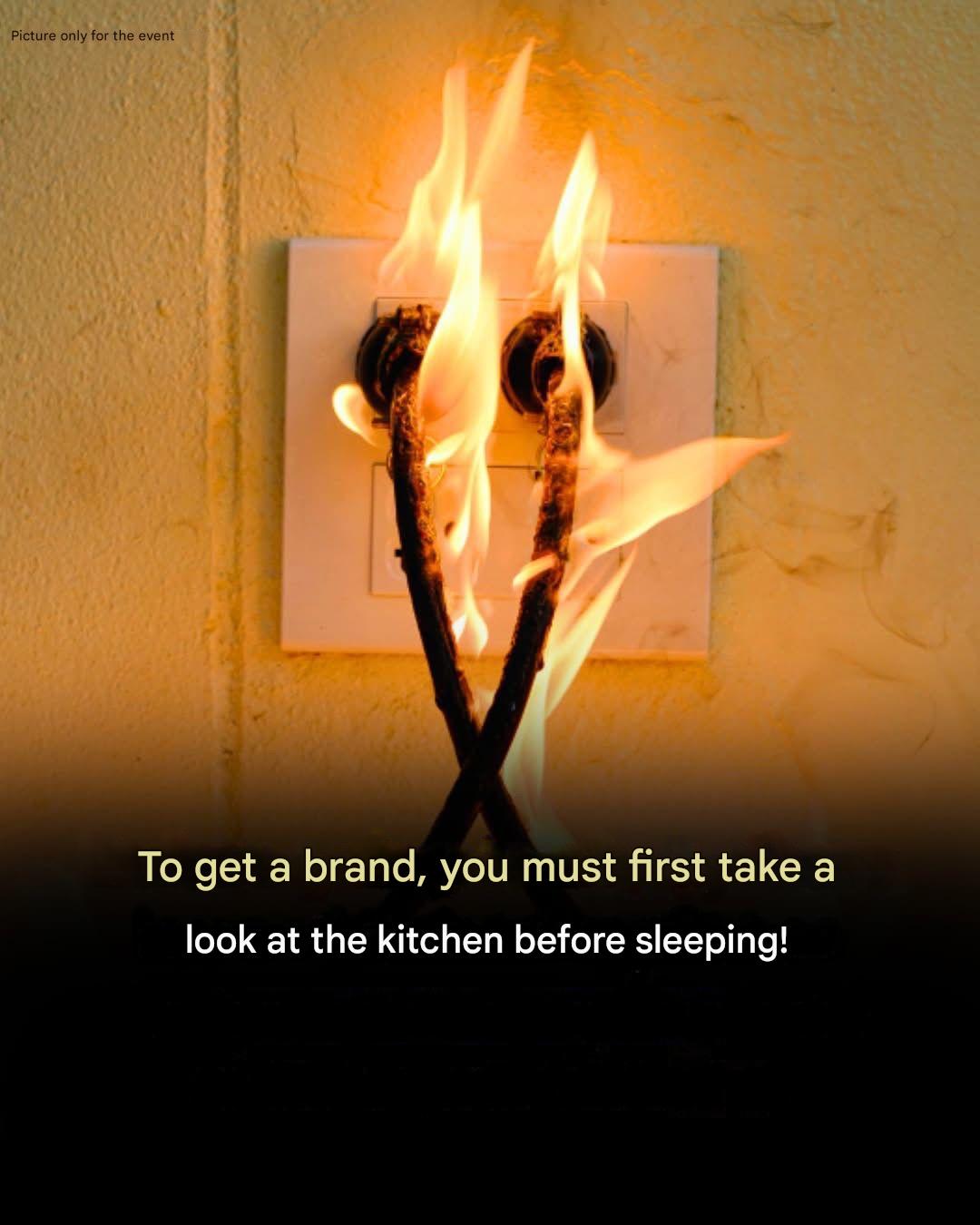3. Air Fryers

Air fryers are ubiquitous these days, but most people don’t realize that they continue to use energy when they stay plugged in. Like many modern kitchen appliances, air fryers are equipped with digital displays and memory settings that require a constant trickle of electricity. Even when they are not actively cooking, they consume energy if they are always connected. Keeping them plugged in can also increase the risk of a short circuit, especially if there is grease or residue around the plug. If the heating element is not working properly, it may heat up unexpectedly. This is dangerous, especially if the device is near towels, paper, or other flammable materials. The fan inside can also stay hot for a while, even if you stop using it. Waiting for it to cool down and then unplugging it is a safe routine. It’s a small step closer that will improve the overall safety of your kitchen and reduce your electricity bill.
4. Radiator

Auxiliary heaters provide much-needed heat, but they are also known to cause fires if used carelessly. Even when switched off, many radiators still consume energy if they remain plugged in. If one of them falls or bumps while still plugged in, it can overheat or short-circuit. This is especially risky in households with pets or small children. Older models may not have modern safety precautions, such as automatic shut-off or temperature sensors, which is one of the main reasons why you should unplug such devices. If there is something flammable nearby, such as a blanket, towel, or curtain, the danger increases. Connecting radiators to overloaded extension cords or sockets is also a major danger. These small devices consume a lot of electricity and can easily overload a circuit. It’s best if you unplug your heater every time you stop using it. This habit will help make your home safer and extend the life of the device.
